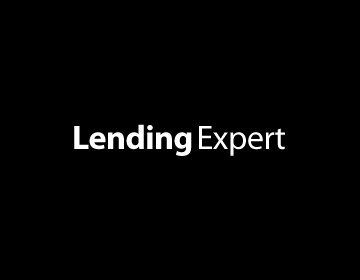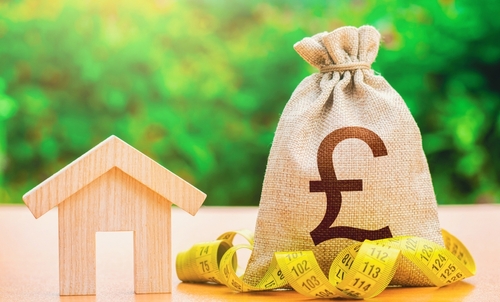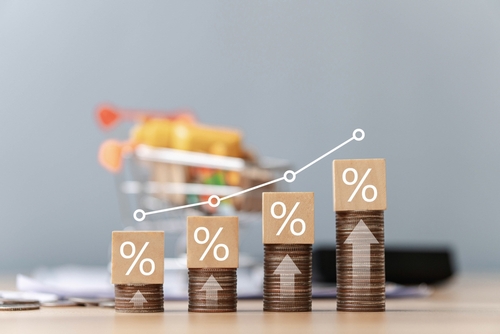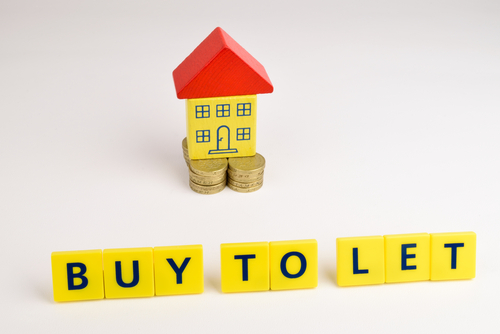The Bank of England is coming under renewed pressure to revise its interest rate outlook in the hours before publication of tomorrow's Inflation Report.
Bank forecasts due on Wednesday are expected to show employment falling faster than it predicted just three months ago, which will inevitably feed speculation of an early interest rate rise.
In September, Bank governor Mark Carney has said he won't consider raising rates until unemployment falls below 7%, which many originally assumed wouldn't happen until at least mid-2016.
But it could fall from today's level of 7.7% faster than expected, as the recovery gathers pace and latest figures show private sector employment is rising rapidly.
A quarterly survey of employers just published by the Chartered Institute for Personnel and Development/YouGov showed the number of companies looking to increase rather than reduce staff has hit its highest level since spring 2008.
A net balance of 24% of employers said they were planning to increase staff rather than reduce them, up from 14% three months ago.
Private economists predict the unemployment rate will fall to 7% either in the final quarter of 2015 or the first quarter of 2016, according to a poll by Reuters.
The Bank could also revise its GDP growth forecasts, raising it to as high as 3% in 2014.
But Mr Carney is expected to dampen prospects of an early interest rate rise, in an effort to prevent a surge in the value of the pound, which could hit British exporters.
Any rise in interest rates could also force up bond yields and put a brake on the recovery.
Last week's decision by Mario Draghi, president of the European Central Bank, to cut eurozone interest rates to just 0.25% will add to his reluctance, given that almost 50% of UK exports go to Europe.
There has been speculation that Mr Carney will even revise his unemployment target down to 6.5% at his news conference on Wednesday, which follows publication of the results.
Although it is more likely he will remind markets that even if unemployment does fall to 7%, this won't automatically trigger a rate rise.
In more good news for the Bank, consumer price inflation seems likely to fall from 2.7% to 2.5%.














Comments